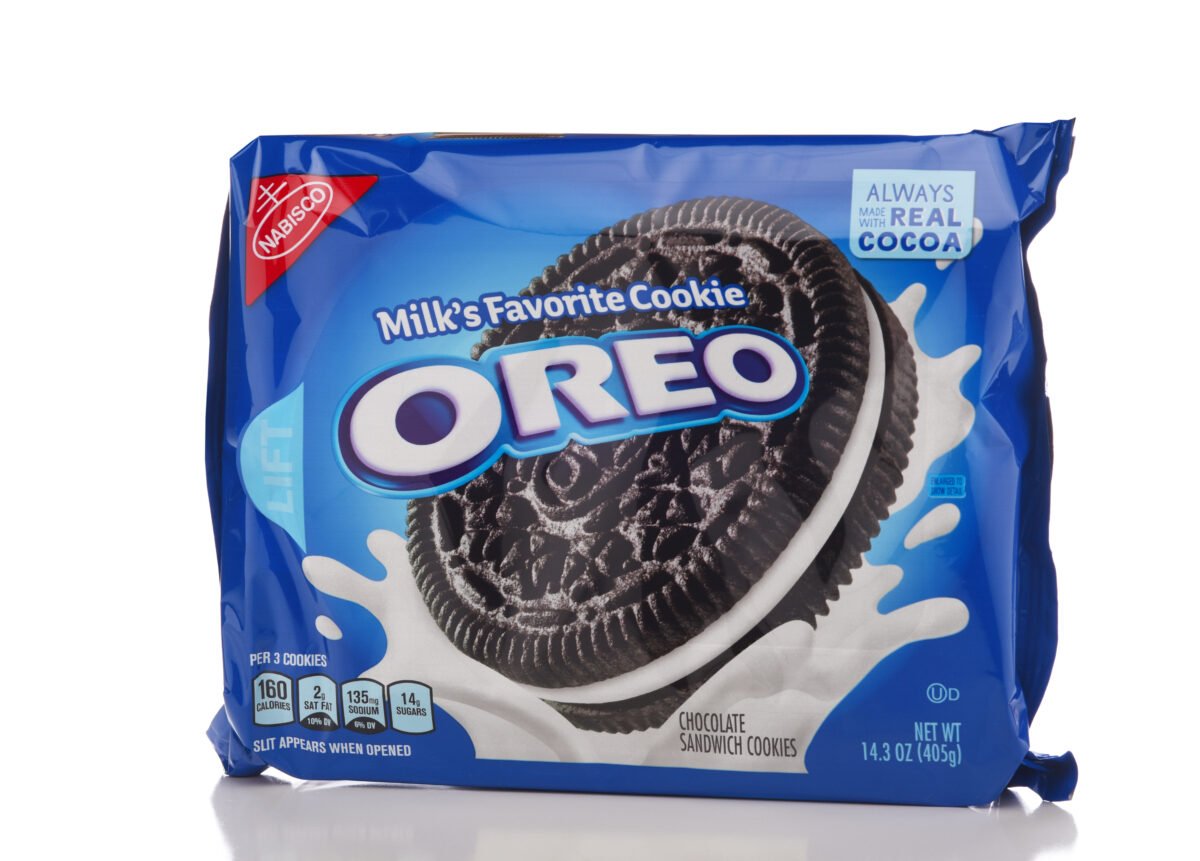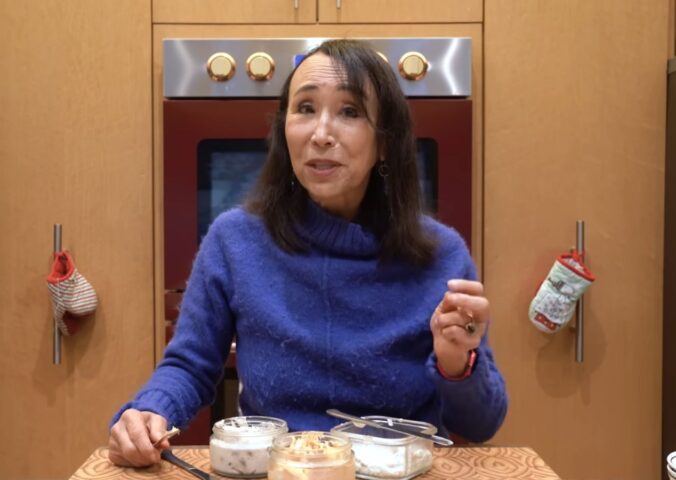Vegans have plenty to think about when trying to find food without animal products in it. Food that seems like it should be vegan can often contain a sneaky bit of milk powder or animal-derived fats.
Things get more confusing when you pick up a food product in the supermarket labeled as vegan and you see the worrying words “May contain milk.”
Rest assured, this doesn’t mean the food isn’t really vegan. Here’s everything to know about the “may contain” warnings.
Allergen labeling
“May contain milk” is a type of precautionary allergen labeling. In the UK and the US, businesses voluntarily provide a warning that cross-contamination with allergens could unintentionally have occurred during manufacturing. Cross-contamination can happen if a variety of food products are manufactured in the same place. So foods that “may contain milk” (or egg) can still be vegan.
The UK Food Standards Agency warns that precautionary labeling should only be used if there’s no way to remove the risk of cross-contamination. This means it shouldn’t be used in place of proper food hygiene practices that should eliminate the risk. If such labels are overused, people start to ignore them, which can have serious consequences if they have a food allergy.
Somewhat confusingly, “may contain milk” is allowed to be used on vegan products but not on products that are labeled as “free from milk.” If a product is labeled as vegan, it implies it is free from milk. But laws about allergen labeling are quite strict, while there is no law regulating the use of the term “vegan.” This means that people with allergies should not depend on vegan labeling to guarantee the food will not contain an allergen.
Vegan food standards
The Vegan Society’s Vegan Trademark has the best standards for vegan labeling. It requires that the product must have been prepared separately from non-vegan products. This limits the risk of cross-contamination.
The need for regulation of the term is becoming more important to protect people with food allergies from potentially fatal reactions, and so vegans know what they’re eating. In 2023, an investigation found that almost two dozen food products labeled as vegan or plant-based contained traces of animal products, mainly dairy.
Incidentally vegan foods

Some food products seem like they would contain milk or other animal products, but actually just happen to be vegan. Sometimes these will not be labeled as vegan at all. The reason, again, is the risk of cross-contamination with animal products like milk.
Several biscuits, including Oreos, Digestives, and Bourbon Creams, seem like they would contain dairy, but are all safe for vegans. Among crisps, Wheat Crunchies Crispy Bacon and Worcester Sauce flavors are both unexpectedly vegan.
Surprisingly, Pot Noodles Beef & Tomato and Southern Fried Chicken flavor contain no animal products. Puff pastry made by brands including Jus Rol, Pepperidge Farm, and Lidl and Sainsbury’s own brands are all vegan. Sometimes the freshly made donuts at Morrison’s are fine for vegans too, but this depends on the store and is subject to change.






